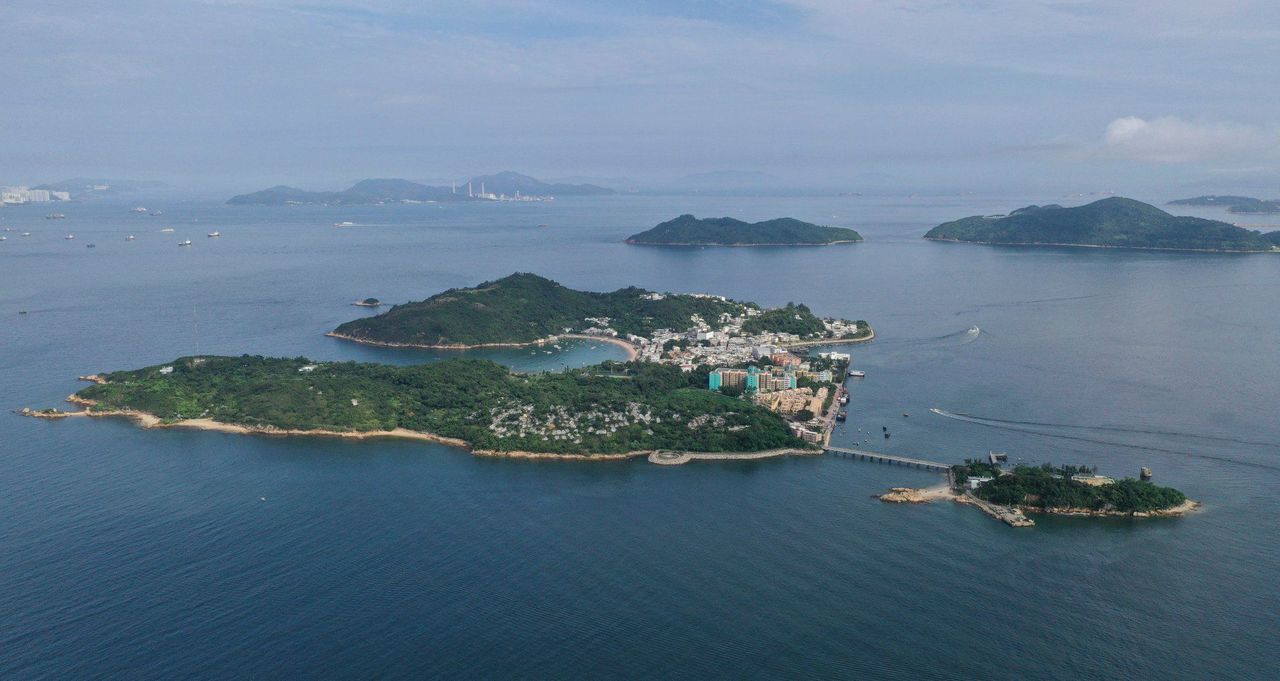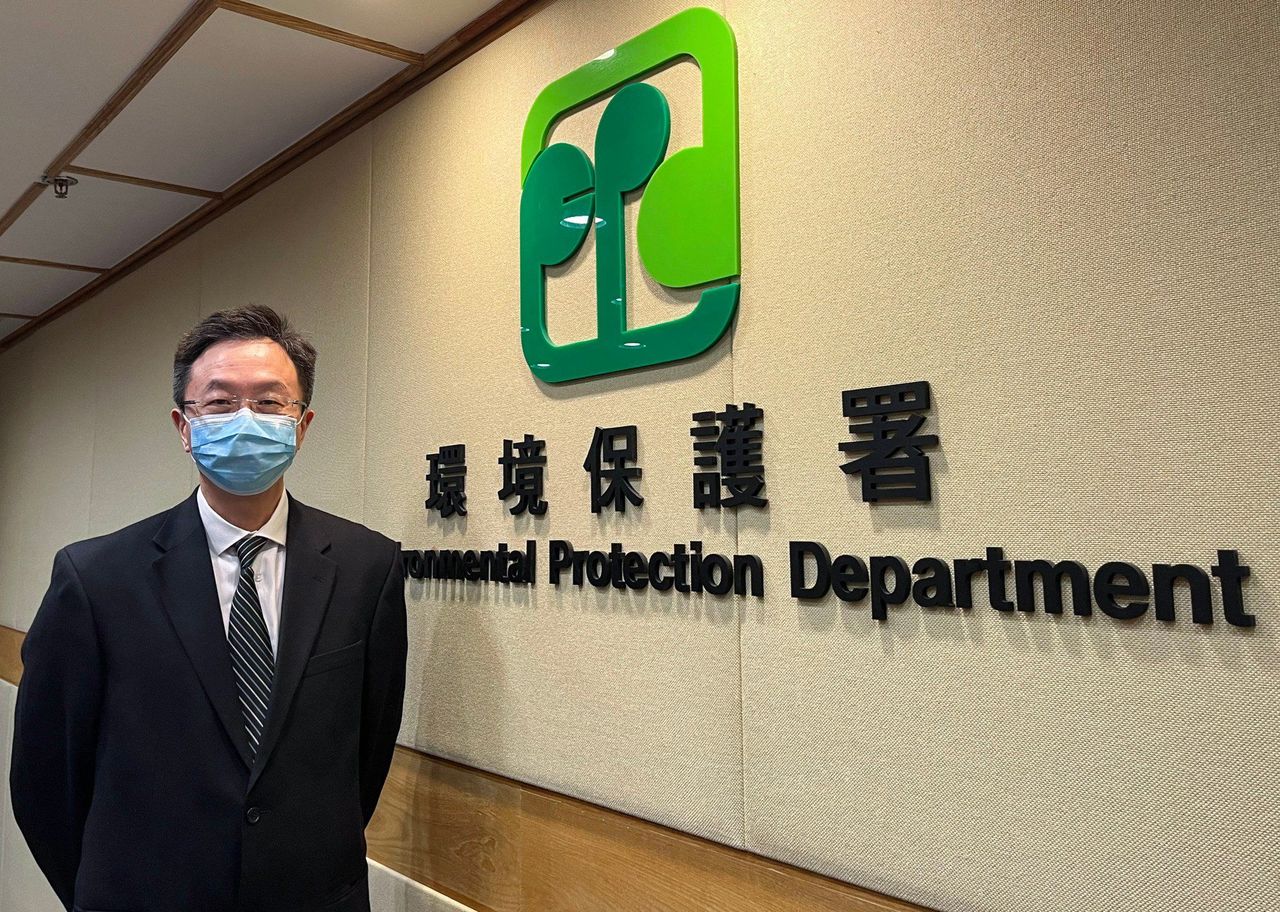Hong Kong News

Hong Kong to unveil green measures later this year to offset artificial islands plan
Measures to alleviate the environmental impact of creating three artificial islands under Hong Kong’s Lantau Tomorrow Vision project will be announced in the second half of this year, an official has said.
The remarks by the Sustainable Lantau Office head Jacky Wu Kwok-yuen on Monday were made during a meeting with the Advisory Council on the Environment, a group of community representatives and professionals.
“We are still conducting the environmental impact assessment of the whole project. Mitigation measures will be provided in the second stage,” Wu said.
He added that authorities had designed water channels to separate the three islands to prevent any harm to coral growth and nearby natural islands.
Eight local green groups on the same day rejected an invitation to a separate closed-door government briefing, accusing authorities of conducting opaque consultation arrangements.
The reclamation project, which will encompass 1,000 hectares (2,500 acres) in its first phase and is expected to cost HK$580 billion (US$73.9 billion), aims to create three artificial islands off the coast of Lantau over the next two decades to provide housing and serve as a business centre.
However, Professor Kenneth Leung Mei-yee, deputy chairman of the council, said he wanted to know how authorities would reduce the project’s environmental impact, with possible options including the establishment of conservation funds and relocating affected corals.
“We are losing 1,000 hectares of seabed after reclamation … I want to know what the government is considering for mitigation measures,” he said.
 The artificial islands will be built near Peng Chau (middle) and Sunshine Island (far left).
The artificial islands will be built near Peng Chau (middle) and Sunshine Island (far left). Fellow council member Alexis Lau Kai-hon, head of the Hong Kong University of Science and Technology’s division of environment and sustainability, said he hoped the government would provide more details on how it would offset the carbon generated by the project.
“I hope there are more details on the vision for the project. The presentation this time is rather simple … If more details can be provided, we can give more comments,” Lau said.
Government officials told the council they would maximise the use of solar power, adopt sustainable building designs and increase plantation on the artificial islands.
Wu said authorities would also use data models to flood-proof their designs, adding that taller sea walls could be built if sea levels rose.
A 20-to-30-metre (66-to-98-foot) buffer zone between shorelines and buildings would also be implemented to minimise any risks for residents, he said.
Some council members on Monday also raised concerns regarding the overall project, such as the demographics of its population intake, as well as plans for economic development and creating transport infrastructure.
 John Chai, chairman of the Advisory Council on the Environment.
John Chai, chairman of the Advisory Council on the Environment.
Asked if the meeting should chiefly focus on the project’s environmental impact, council chairman John Chai Yat-chiu said raising other concerns would help to enrich discussions.
“Economic development, the lives of residents and environmental protection are complementary when we talk about sustainable development,” he said.
“It is difficult not to cover these areas when we talk about environmental issues, especially when it is related to development.”
Earlier on Monday, Greenpeace and seven other environmental groups refused to attend the separate closed-door briefing for the project, questioning how credible the consultation would be if officials had not proactively reached out to the public.
“The government only invites green groups to attend the closed-door briefing. It does not plan to provide new information in response to queries on the cost and environmental impacts,” eleven green groups, including the eight invited to the briefing, said in a statement. “The consultation is definitely not open.”
The Development Bureau on Monday night expressed disappointment the groups had refused to attend the briefing.
“If they have any opinions, we hope they could put them forward in a realistic manner, especially on environmental ecology, which they specialise in, instead of just picking on the details of public participation arrangements or even making false criticisms,” it wrote on social media.











